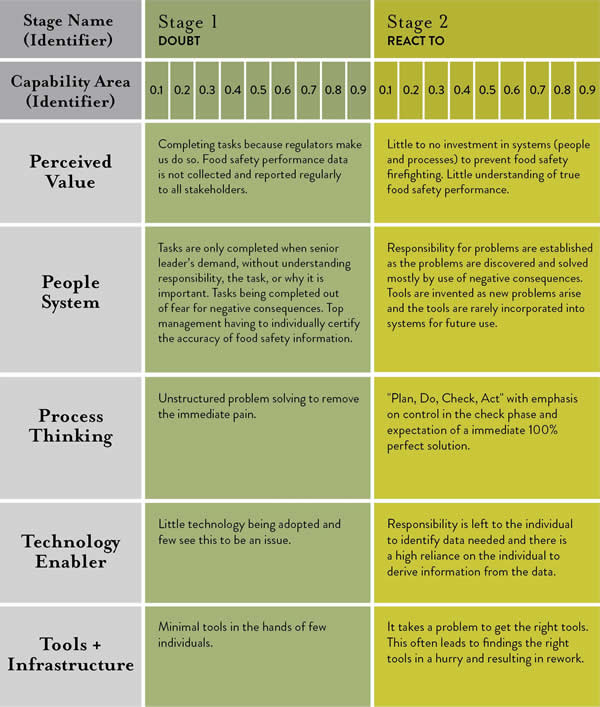

In this new column by experts at STOP Foodborne Illness, join us on the journey towards creating strong food safety culture in the lives of business leaders, the food industry, employees handling food, and in our schools and homes.

In this new column by experts at STOP Foodborne Illness, join us on the journey towards creating strong food safety culture in the lives of business leaders, the food industry, employees handling food, and in our schools and homes.

Partnerships. Collaboration. Transparency. Alignment. Accountability. Let’s start talking about how we’re going to move forward.
Achieving complete traceability is a must to combating seafood fraud. How is industry getting there?
Consumers want to know what’s in their food, from artificial sweeteners and high-fructose corn syrup to dyes and pesticides. The latest hot-button issue surrounds foods made from genetically modified organisms (GMO) and the demand for companies to indicate on labeling whether a product contains GMOs.

A renewed recognition of the importance of individual employee behavior within food processing and manufacturing organizations is shining a spotlight on awareness and accountability, but a standardized measure of food safety culture must be defined.
The company has broadened species identification product line created in partnership with University of Guelph and plans to release additional test kits during the year.
Arctic Apples have ‘silenced’ genes that prevent them from turning brown when bruised, while genetic modification of Innate potatoes reduces the activity of genes that cause tubers to turn brown.
Millennials are definitely changing the landscape of the food industry. What do they care about when it comes to food, and what does this mean for food manufacturers?
The agency has described that the GE apples are “unlikely to pose a plant pest risk to agriculture and other plants in the United States and that “deregulation is not likely to have a significant impact on the human environment.”
A recent study, published in the journal Environmental Health Perspectives, concluded that we consume fewer pesticides when we eat organic foods compared to their conventionally grown counterparts.